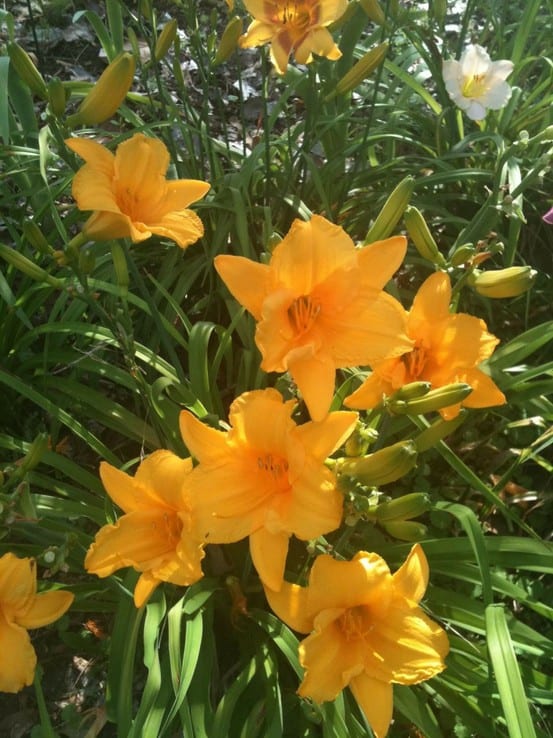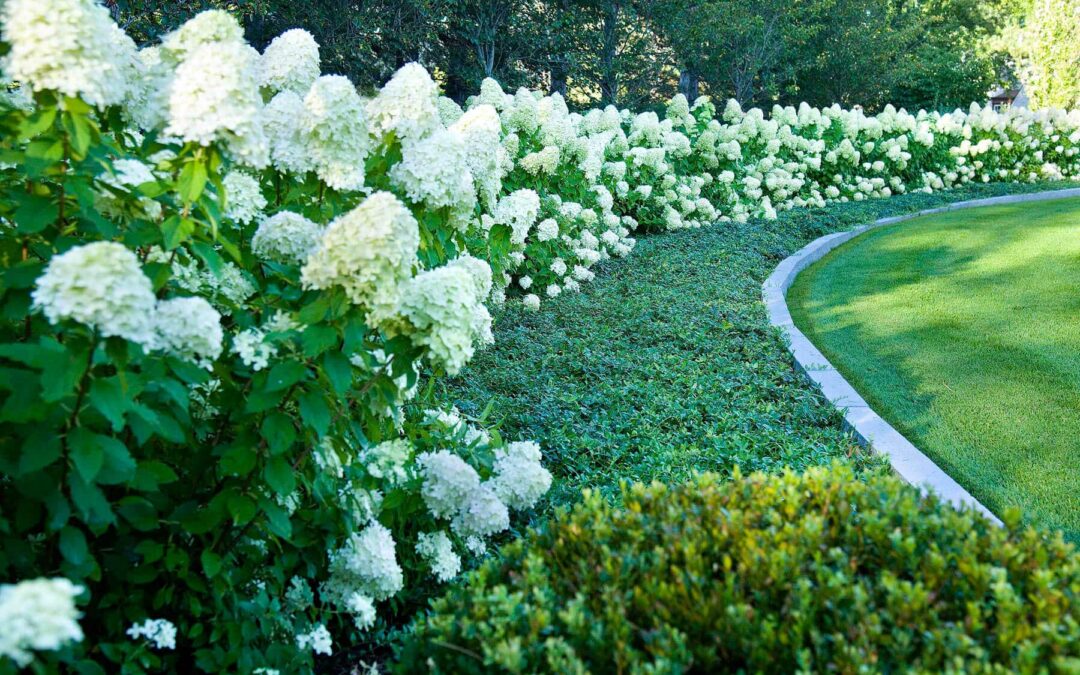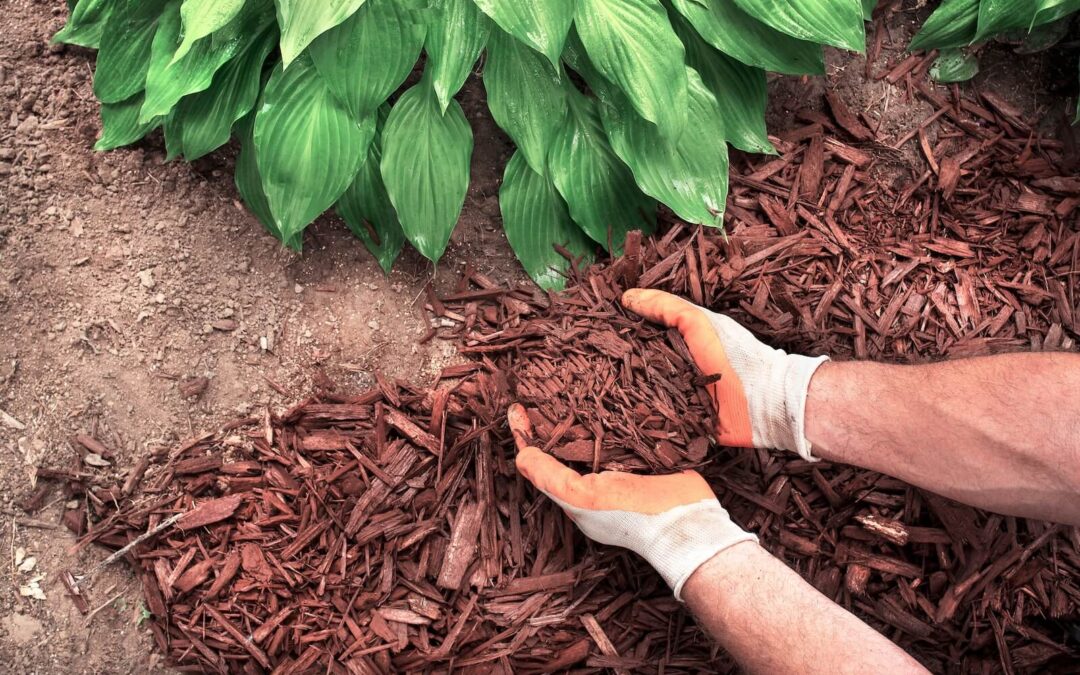A large part of Denver landscape maintenance involves keeping pests at bay. During the cold winter months, rabbits are more adventurous in their foraging. In addition to lacking normal food sources, when there is snow on the ground, it provides the perfect step ladder for fodder that is normally out of reach, putting some of the plants in your landscaped areas at risk. These tips will help protect your landscape from pesky rabbits and other seasonal landscape scavengers.
Repellents – Rabbits can be diverted by certain types of repellents. Those containing ingredients such as pepper extract, castor oil, and chicken egg can be effective, according to Plantalk Colorado. Apply them at least three feet high and make sure to reapply them after a rain or snow storm. Before using any type of repellent, though, it is a good idea to speak with a landscaping professional for expert advice.
Physical barriers – Chicken wire and/or rigid polypropylene plastic tubes can be used to protect shrubs, tree trunks, and stems. Make sure to bury the materials at least six inches below the ground so rodents are dissuaded from digging their way under and through.
Rabbit and deer resistant plants – Consider using plants that are less tasty for winter visitors. There are a number of perennials, ornamental grasses, deciduous shrubs and trees, evergreens, and spreading and upright junipers that are far less attractive to hungry critters. Again, you can seek professional advice to determine which plants are most appropriate for your space and needs.

Daylilies are a perennial variety that’s rabbit and deer resistant.
Contact Lifescape for assistance in keeping pests out of your garden not just in the winter, but all year long!
Image from Pinterest




